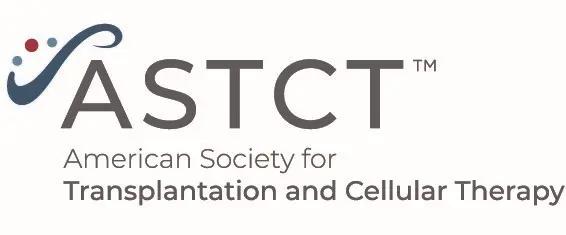Low Rates of Chronic Graft-Versus-Host Disease With Ruxolitinib Maintenance Following Allogeneic HCT
Researchers conducted a prospective, multicenter phase II clinical trial demonstrating that prolonged administration of ruxolitinib after allogeneic HCT is associated with notably low rates of cGVHD.
Researchers conducted a prospective, multicenter phase II clinical trial demonstrating that prolonged administration of ruxolitinib after allogeneic HCT is associated with notably low rates of cGVHD.

Researchers from Massachusetts General Hospital and collaborating institutions conducted a prospective, multicenter phase II clinical trial demonstrating that prolonged administration of ruxolitinib after allogeneic hematopoietic cell transplantation (HCT) is associated with notably low rates of chronic graft-versus-host disease (cGVHD). The study enrolled 78 patients undergoing reduced-intensity conditioning HCT, with 63 receiving ruxolitinib maintenance initiated between days +30 and +100 post-transplant. The primary endpoint—GVHD-free, relapse-free survival at 1 year—was successfully achieved by 70% of patients.
Effective prevention of chronic GVHD remains a significant unmet clinical need, despite advancements in acute GVHD prophylaxis. Ruxolitinib, an oral JAK1 and JAK2 inhibitor previously shown to reduce inflammatory signaling implicated in GVHD pathogenesis, was evaluated in combination with standard prophylaxis (tacrolimus and methotrexate) as a maintenance strategy. Participants received continuous 28-day cycles of ruxolitinib for up to 24 cycles, aiming to mitigate chronic inflammation and subsequent tissue damage that characterize cGVHD. The rationale was to determine if early JAK inhibition could translate into sustained prevention of chronic GVHD without compromising immune reconstitution or increasing relapse risks.
Results indicated that prolonged ruxolitinib maintenance significantly reduced rates of moderate-to-severe cGVHD, with an incidence of only 16% at two years post-transplant. Furthermore, the need for systemic immunosuppressive therapy for cGVHD was remarkably low—9.5% at one year and 13% at two years. Acute grade III-IV GVHD was minimal at 4.8% by six months. Two-year overall survival and progression-free survival rates were impressive at 76% and 68%, respectively. Common grade ≥3 adverse events included neutropenia, thrombocytopenia, and anemia; severe infectious complications occurred in seven participants. These findings strongly suggest that integrating ruxolitinib into post-HCT GVHD prophylaxis protocols effectively limits chronic GVHD, thereby improving patient outcomes and warranting further investigation into broader clinical application.
Reference
DeFilipp Z, Kim HT, Knight LW, et al. Low rates of chronic graft-versus-host disease with ruxolitinib maintenance following allogeneic HCT. Blood. 2025. doi.10.1182/blood.2024028005